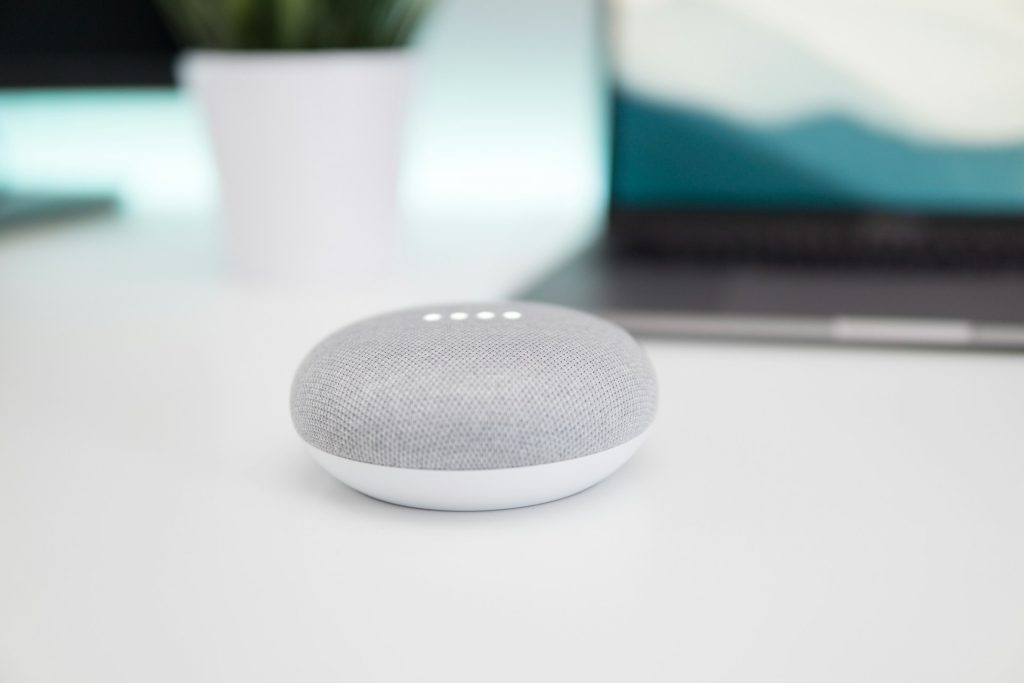
Smart speakers are everywhere. You might have one in your kitchen, living room, or even your bedroom. They play music, answer questions, and control your lights. But there’s a question that keeps coming up: Is it legal for companies to listen to you through smart speakers? This isn’t just a tech issue. It’s about your privacy, your rights, and what companies can do with your personal conversations. If you use a smart speaker, you need to know what’s really happening behind the scenes.
1. What Smart Speakers Actually Record
Smart speakers like Amazon Echo, Google Home, and Apple HomePod are always listening for a “wake word.” When you say “Alexa” or “Hey Google,” the device starts recording. But sometimes, these devices mishear things and start recording by accident. This means your private conversations could end up on company servers. The legal question is whether this is allowed. In most cases, companies say you agreed to this when you accepted their terms of service. But most people don’t read those long documents. So, while it’s technically legal if you agree, it’s not always clear what you’re agreeing to.
2. Consent and Terms of Service
When you set up a smart speaker, you usually have to accept a privacy policy or terms of service. These documents often say the company can record and store your voice commands. In the U.S., this is usually enough to make it legal. But the problem is that most people don’t realize what they’re agreeing to. Consent is a big deal in privacy law. If you didn’t know you were giving it, is it really consent? Some states, like California, have stricter rules about recording conversations. If you live in a two-party consent state, both people in a conversation must agree to be recorded. But if your guest doesn’t know your smart speaker is listening, that could be a problem.
3. Federal and State Laws on Recording
In the U.S., federal law allows recording if one person in the conversation consents. But some states require everyone involved to agree. This is called “two-party consent.” If you live in a two-party consent state and your smart speaker records a conversation without everyone’s knowledge, that could be illegal. Companies usually try to avoid this by saying you’re responsible for telling your guests. But most people don’t do this. The law is still catching up to the technology.
4. How Companies Use Your Recordings
Companies say they use your recordings to improve their services. Sometimes, real people listen to your voice commands to help train the system. This has raised privacy concerns. In 2019, it was revealed that Amazon, Google, and Apple all had workers listening to some recordings. The companies said this was to make their smart speakers better at understanding speech. But many people felt uncomfortable knowing strangers could hear their private moments. Legally, if you agreed to the terms, companies can do this. But you can often opt out of having your recordings reviewed by humans. Check your device’s privacy settings to see what options you have.
5. International Privacy Laws
If you live outside the U.S., the rules might be different. The European Union has strict privacy laws under the General Data Protection Regulation (GDPR). Companies must get clear consent before collecting or using your data. They also have to tell you what they’re doing with it. If a company breaks these rules, it can face big fines. This means smart speaker companies have to be more careful in Europe. If you’re in Canada, Australia, or other countries, the laws may also be stricter than in the U.S.
6. What You Can Do to Protect Your Privacy
You don’t have to give up your smart speaker to protect your privacy. There are steps you can take. First, review your device’s privacy settings. You can often delete old recordings or stop the device from saving them. Some smart speakers have a mute button that turns off the microphone. Use it when you want privacy. You can also ask the company to delete your data. If you have guests, let them know your smart speaker is listening. This helps you stay on the right side of the law, especially in two-party consent states.
7. The Future of Smart Speaker Privacy
Technology is moving fast, but the law is slow to catch up. As more people use smart speakers, lawmakers are starting to pay attention. There have been calls for clearer rules about what companies can do with your recordings. Some want companies to get explicit permission before recording anything. Others want better ways for users to control their data. Until the laws change, it’s up to you to know your rights and use your smart speaker wisely.
Your Voice, Your Rights
Smart speakers are convenient, but they come with real privacy risks. Is it legal for companies to listen to you through smart speakers? In most cases, yes—if you agreed to the terms. But the law is complicated, and it’s not always on your side. The best thing you can do is stay informed, use your privacy settings, and let others know when your device is listening. Your voice matters, both in your home and in the law.
Have you ever worried about your smart speaker listening in? Share your thoughts or experiences in the comments.
Read More
10 Household Items That Seem Harmless But Can Be Used Against You Legally
6 “Smart” Gadgets That Secretly Cost You More Than They Save
The post Is It Legal for Companies to Listen to You Through Smart Speakers? appeared first on The Free Financial Advisor.







